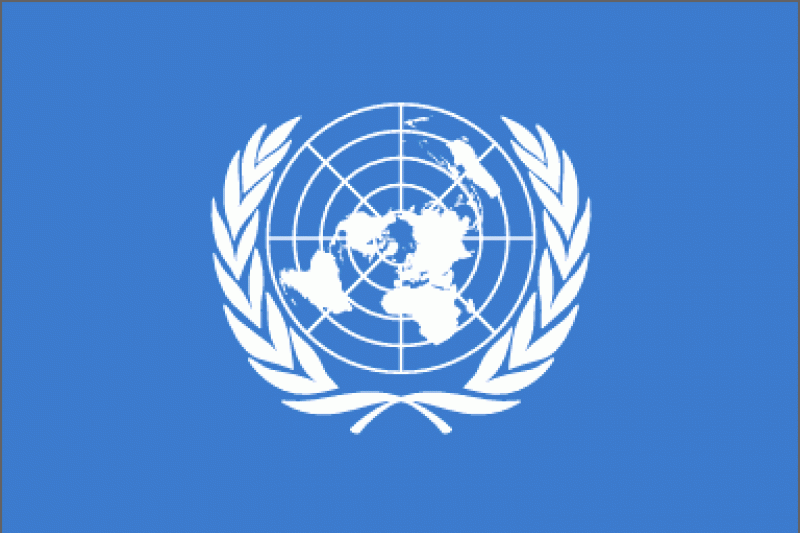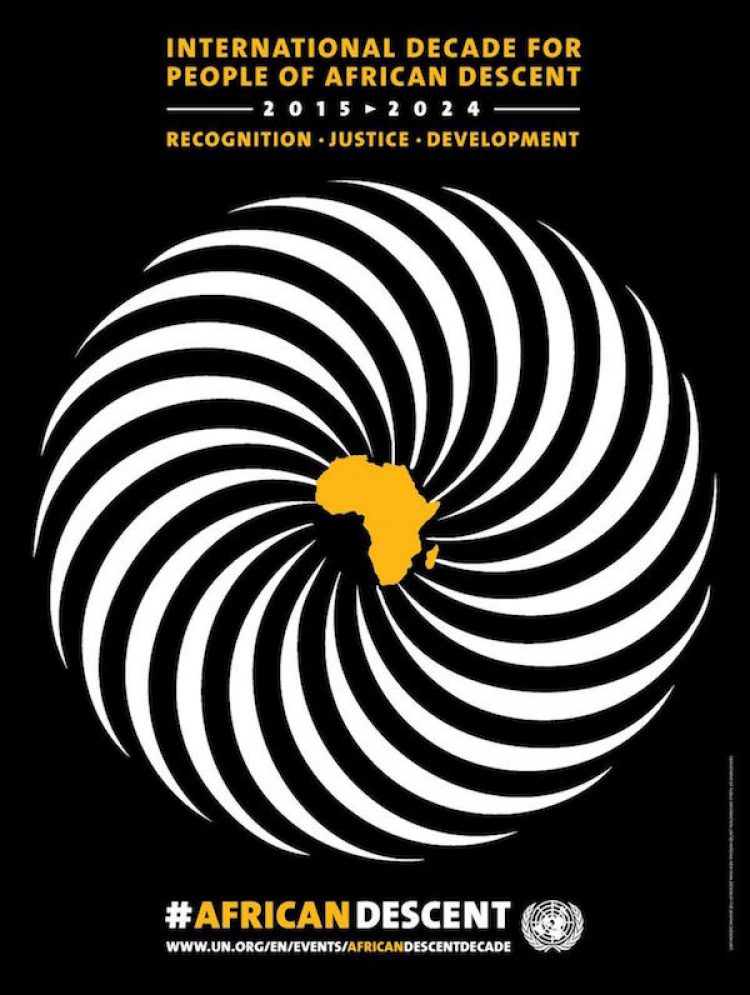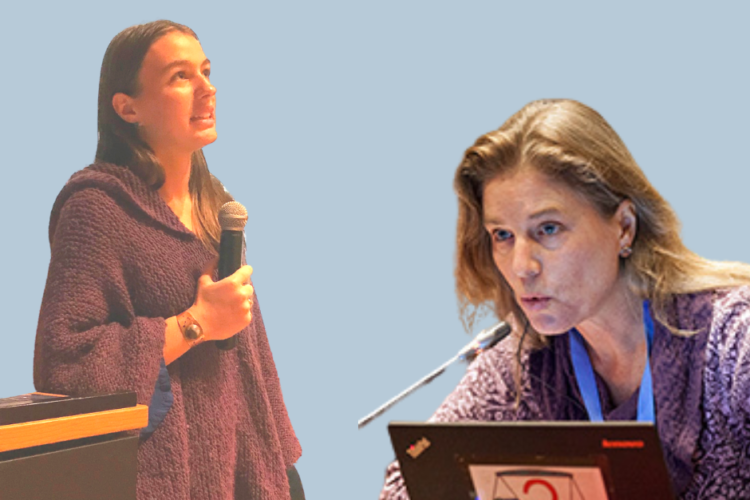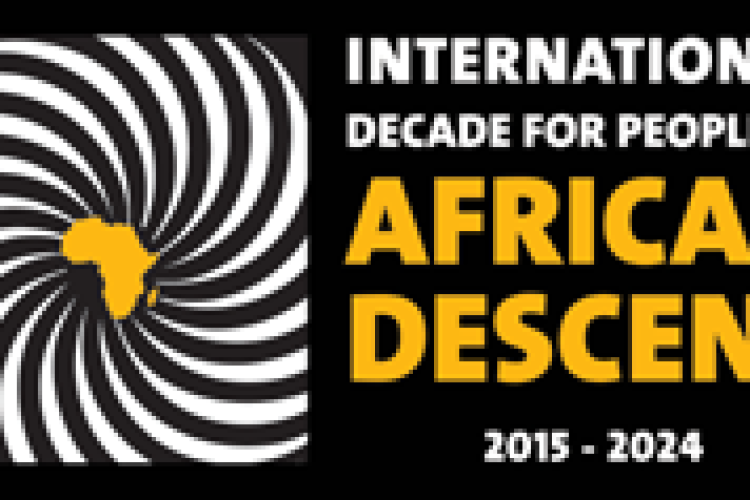Introduction to QEW’s United Nations Working Group & Diaspora Earthcare Coalition

Quaker Earthcare Witness (QEW) has been a non-governmental organization (NGO) of the United Nations since 1999, holding four UN agency accreditations with the mission of bringing a spirit-led Quaker voice to UN deliberations on the environment.
Our accreditations are:
- General Consultative Status with the Economic and Social Council (ECOSOC)
- Associate Status with the Department of Public Information (DPI)
- Observer Status to the United Nations Environment Assembly of (UNEP)
- Observer Organization to UN Framework Convention on Climate Change (UNFCCC).
UN Working Group Goals:
- Bring a spirit-led Quaker voice to UN deliberations on the environment. Specifically, QEW brings a Quaker perspective to the ongoing implementation of the Sustainable Development Goals (SDGs) adopted in September of 2015 as points of focus through 2030 by the UN General Assembly. The SDGs emphasize universality and transformation signaling a collective journey to end poverty, transform lives, and protect the planet.
- Share information about UN, international, and interfaith environmental work with a broad constituency of Friends in Quaker organizations, networks, yearly and monthly meetings throughout the United States and Canada.
- Enable our constituency of Friends to share their concerns on environmental issues and inform the UN Working Group process.
The Diaspora Earthcare Coalition & the United Nations International Decade for People of African Descent
In proclaiming this Decade, the international community is recognizing that people of African descent represent a distinct group whose human rights must be promoted and protected. Around 200 million people identifying themselves as being of African descent live in the Americas. Many millions more live in other parts of the world, outside of the African continent. Click to visit the UN’s site.
An Earthcare Coalition of organizations, including Quaker Earthcare Witness, from throughout the African Diaspora is working under the banner of the United Nations International Decade for People of African Descent to encourage people of African descent to own and make full use of the means of food production against the backdrop of climate change and resource depletion.
A group of networked activists with no time for either megaphones or the politics of “silos,” and an evolutionary vision, have locked arms and pledge to serve the most vulnerable populations. Soberly, they understand that climate disruptions, whether due to prolonged power grid outages, floods, drought, or extreme weather incidents are becoming more frequent and intense. They seek to ensure that people who have become completely dependent on industrial agriculture’s distribution systems create alternatives for themselves and have local access to food and water as climate change dials up.

The goals the Earthcare Coalition mobilizing around “the Decade” is food sovereignty — the right of people to healthy and culturally-appropriate food produced through ecologically sound and sustainable methods. Most importantly, the Earthcare Coalition underscores the need for people of African descent to define, own, and manage their own food and agriculture systems.
The UN Economic and Social Council (ECOSOC) will provide a platform from which the Earthcare Coalition working on the International Decade for People of African Descent can reach the Diaspora in the United States, Latin America, the Caribbean and Africa. The Coalition raises awareness about how relocalized food systems might ideally look and how people in the Diaspora can share and implement Afrocentric solutions.
For the last four years, the Earthcare Coalition has organized series of events at UN Headquarters and online at the UN High Level Political Forum (HLPF). The HLPF is a UN forum which brings together all member states and specialized agencies for official meetings, special events, side events, and educational sessions. The HLPF is the primary mechanism for the review of countries’ implementation of the 2030 Sustainable Development Goals (SDGs) adopted by UN member states in 2015.

